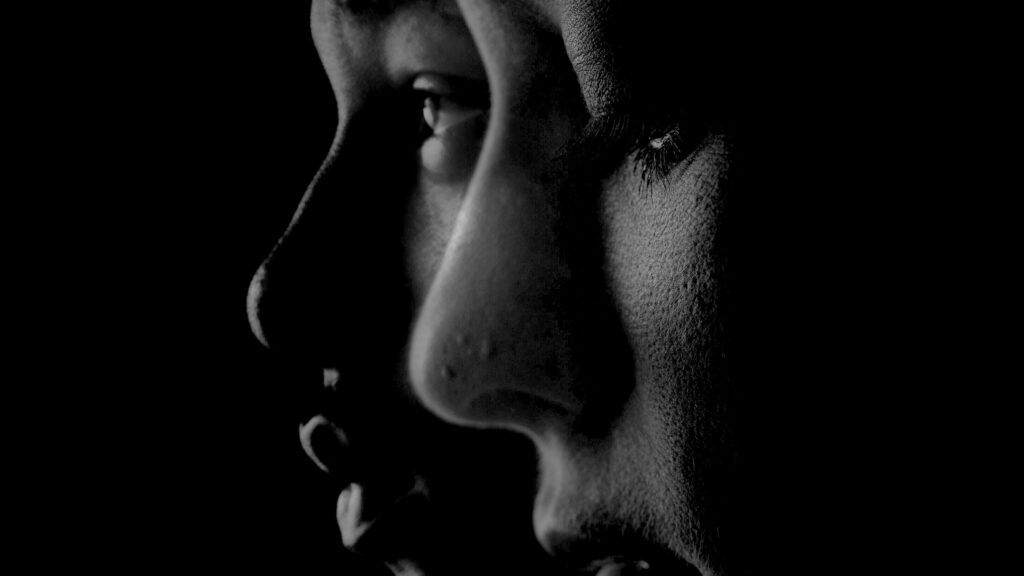
Depression is a pervasive mental health condition that not only affects a person’s emotional well-being but also exerts significant influence on physical health and bodily functions. Often misunderstood as “just feeling sad,” depression is a complex disorder that disrupts the delicate balance between the mind and body. Understanding how depression impacts both mental and physical health can help in recognizing its symptoms and seeking appropriate treatment.
The Psychological Impact of Depression
At its core, depression is a mental health disorder, and its psychological effects are profound. One of the primary symptoms is a persistent feeling of sadness, emptiness, or hopelessness. However, depression affects more than just mood—it also impairs cognitive functions such as memory, concentration, and decision-making.
People with depression often experience rumination, a state where they continuously dwell on negative thoughts or events. This cycle of negative thinking can exacerbate feelings of worthlessness, guilt, and despair, making it difficult to break free from the depressive state. Over time, this mental fog can erode a person’s self-esteem, relationships, and overall quality of life.
Depression also disrupts emotional regulation. Many individuals feel disconnected from their emotions, unable to experience joy, excitement, or even grief fully. This emotional numbness, known as anhedonia, often isolates sufferers further as they lose interest in activities and relationships that once brought them happiness.
The Physical Toll of Depression
Although depression is classified as a mental health disorder, its physical effects are equally significant. Depression often manifests as unexplained physical symptoms, such as chronic pain, headaches, or digestive problems. These symptoms are not merely coincidental; they arise due to the intricate connection between the brain and body through the nervous and immune systems.
- Chronic Fatigue and Sleep Disorders
One of the most noticeable physical effects of depression is fatigue. Individuals often feel an overwhelming sense of exhaustion, even after a full night’s sleep. Paradoxically, depression can cause both insomnia and hypersomnia (excessive sleeping), disrupting the body’s natural sleep-wake cycle. Sleep deprivation further aggravates symptoms of depression, creating a vicious cycle that affects physical energy and mental clarity. - Appetite and Weight Changes
Depression frequently causes changes in appetite, leading to significant weight gain or loss. Some individuals may lose interest in eating, while others turn to food for comfort. These dietary changes can lead to nutritional deficiencies, exacerbating fatigue and lowering overall health. - Weakened Immune System
Chronic depression is associated with increased levels of stress hormones, particularly cortisol. Elevated cortisol can suppress the immune system, making individuals more vulnerable to infections and illnesses. Additionally, prolonged stress and depression can contribute to inflammation, which has been linked to conditions like heart disease, diabetes, and autoimmune disorders. - Heart and Digestive Health
Depression has a direct impact on cardiovascular health. Studies show that individuals with depression are at a higher risk of developing heart disease, high blood pressure, and stroke. Similarly, the gut-brain connection means that depression can lead to gastrointestinal issues like irritable bowel syndrome (IBS), further complicating physical health.
The Mind-Body Connection
Depression underscores the deep connection between mental and physical health. It disrupts the body’s hormonal and neurological balance, creating a feedback loop where psychological distress worsens physical symptoms, and vice versa. For instance, a person experiencing chronic pain due to depression may feel more emotionally overwhelmed, which, in turn, heightens their perception of pain.
Conclusion
Depression is not just a mental health issue—it’s a whole-body disorder that affects emotional, cognitive, and physical well-being. Its impact on the mind and body is profound, often leading to a cycle of worsening symptoms that require comprehensive treatment. Understanding these effects emphasizes the importance of recognizing depression as a serious health condition and seeking holistic approaches to address its wide-ranging impact. Treatment, whether through therapy, medication, lifestyle changes, or a combination of these, can help individuals regain control over their mind, body, and life.